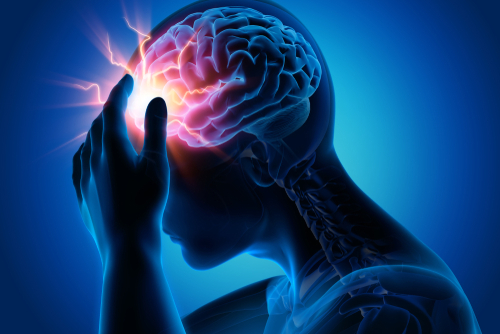Researchers at RWJBarnabas Health, Rutgers Health, and partners received a $2.8M, 3-year National Institutes of Health grant to develop next-generation implantable responsive neurostimulation (RNS) devices for medically refractory epilepsy. The project targets temporal lobe epilepsy first, with the goal of broader applicability, and aims to close the gap between seizure reduction and true seizure freedom—critical for patients’ ability to drive, work, study, and live independently. The funding will support algorithm development, device engineering, and early feasibility testing to translate prototypes into patient-ready systems.
Led by neurosurgeon Hai Sun, MD, PhD, the team plans to design closed-loop systems that accurately predict seizure onset and deliver stimulation more strategically across wider brain areas. Current RNS devices reduce seizure frequency but trigger thousands of stimulations daily and rarely achieve remission. The new approach focuses on precision prediction to improve outcomes while prioritizing safety and minimizing side effects. Researchers will also evaluate patient-centered outcomes—such as quality of life and seizure-free days—alongside safety endpoints to ensure real-world benefit. If successful, these advances could extend to other epilepsy subtypes and inform future regulatory pathways for implantable neuromodulation therapies.
Reference: Sun H. RWJBarnabas and Rutgers Health Researchers Pursue Advanced Neurostimulation Technology to Treat Epileptic Seizures. NeurologyLive. Published October 19, 2025. Accessed November 4, 2025. https://www.neurologylive.com/view/rwjbarnabas-rutgers-health-researchers-pursue-advanced-neurostimulation-technology-treat-epileptic-seizures








